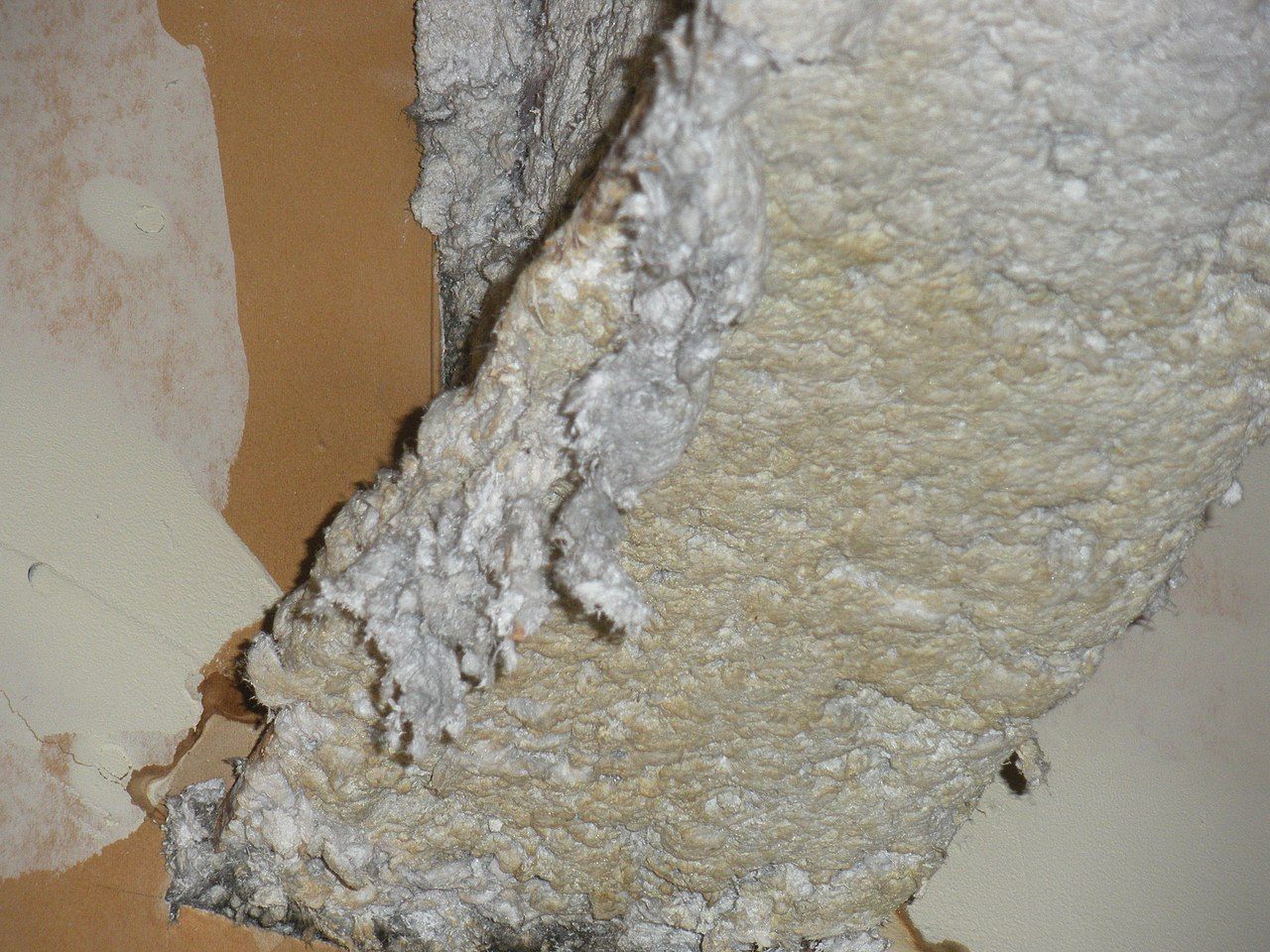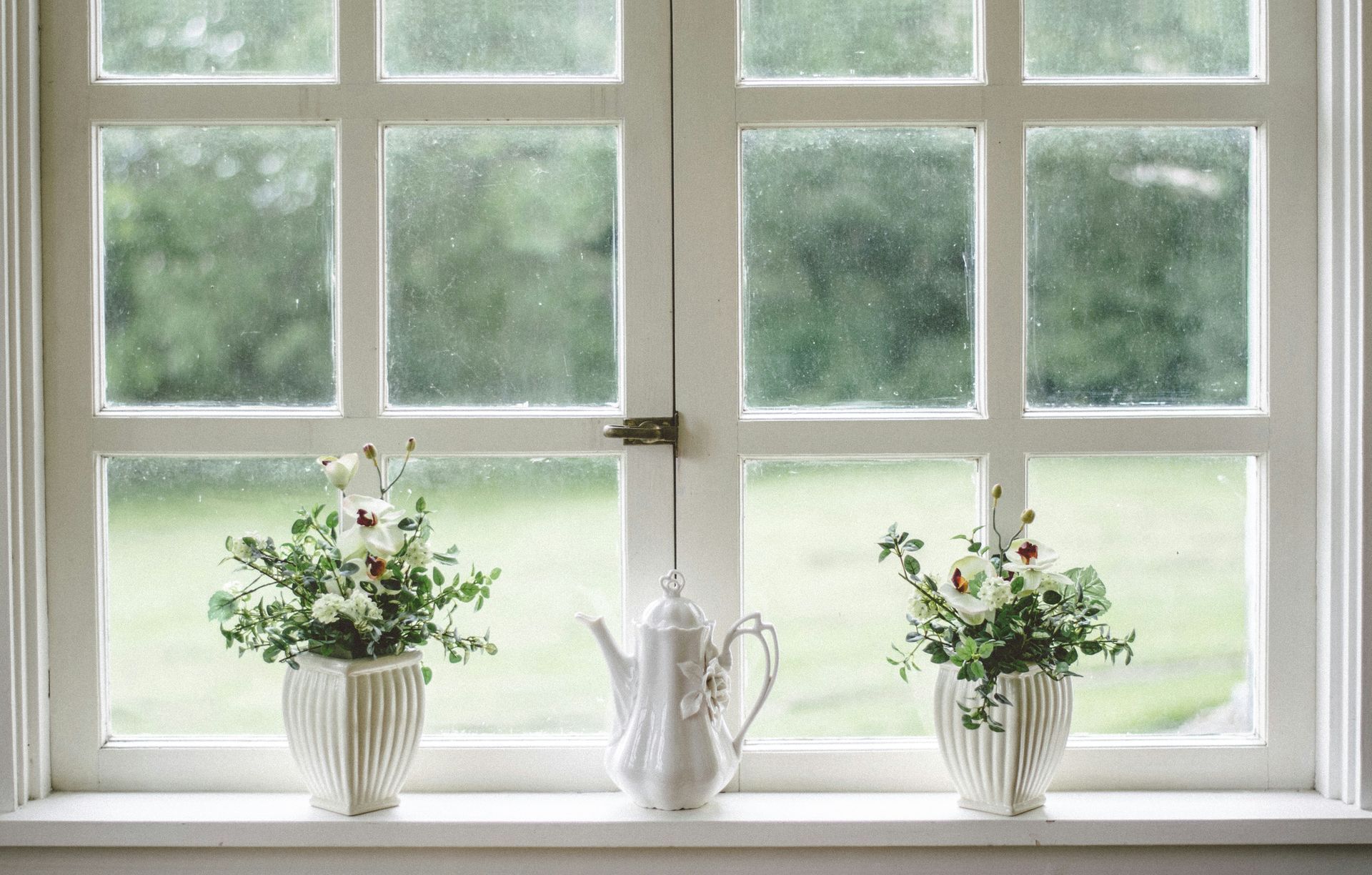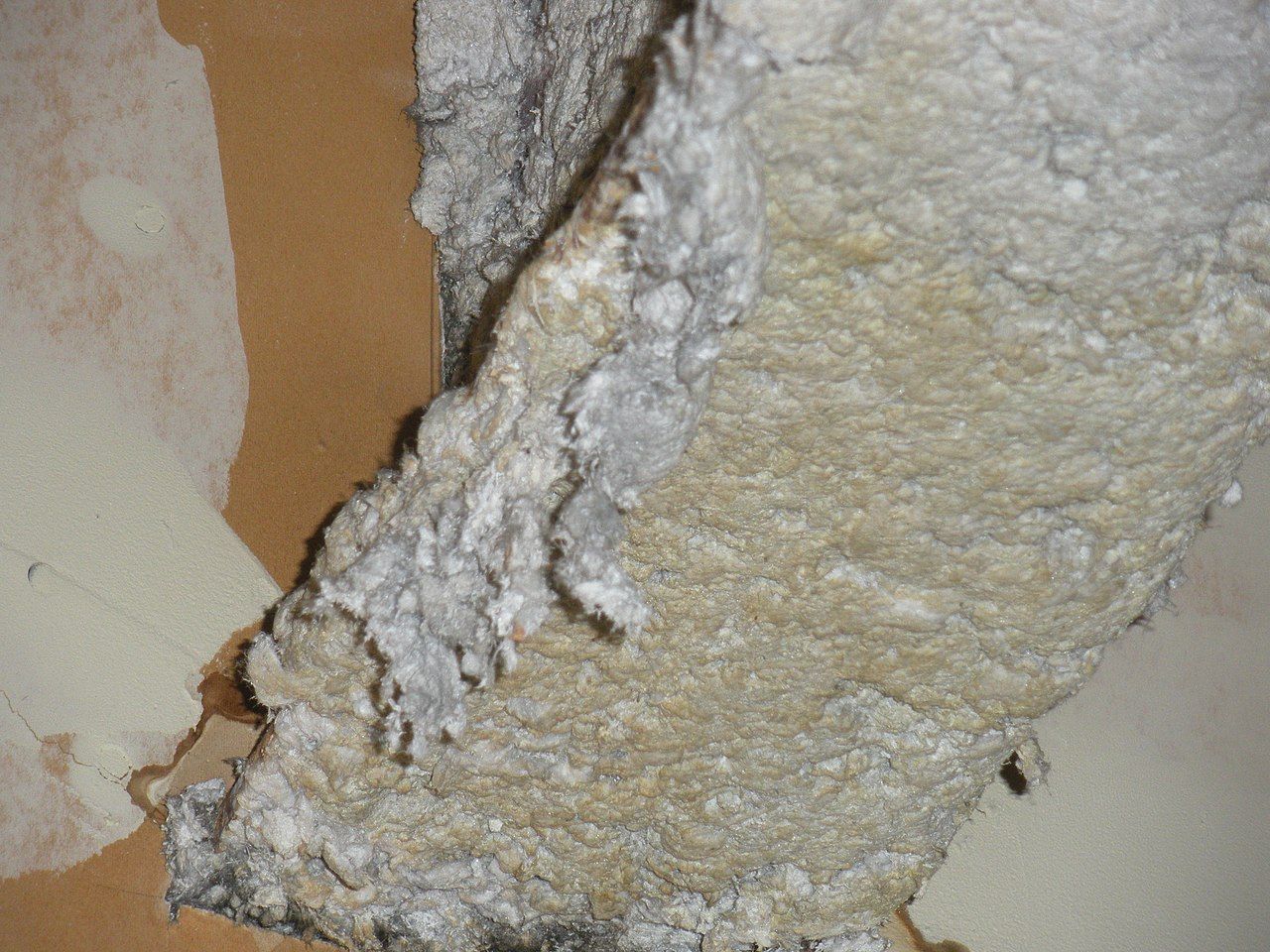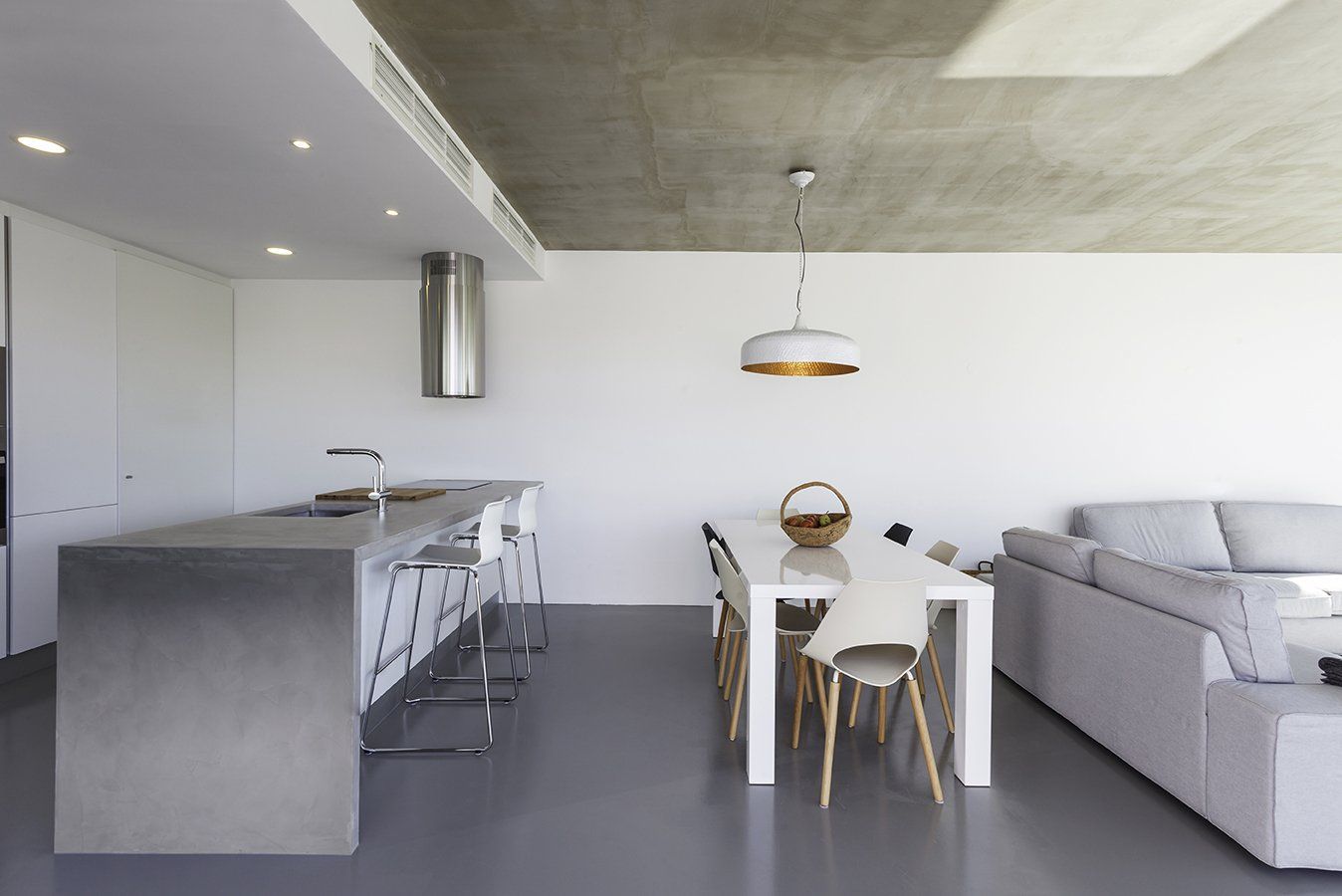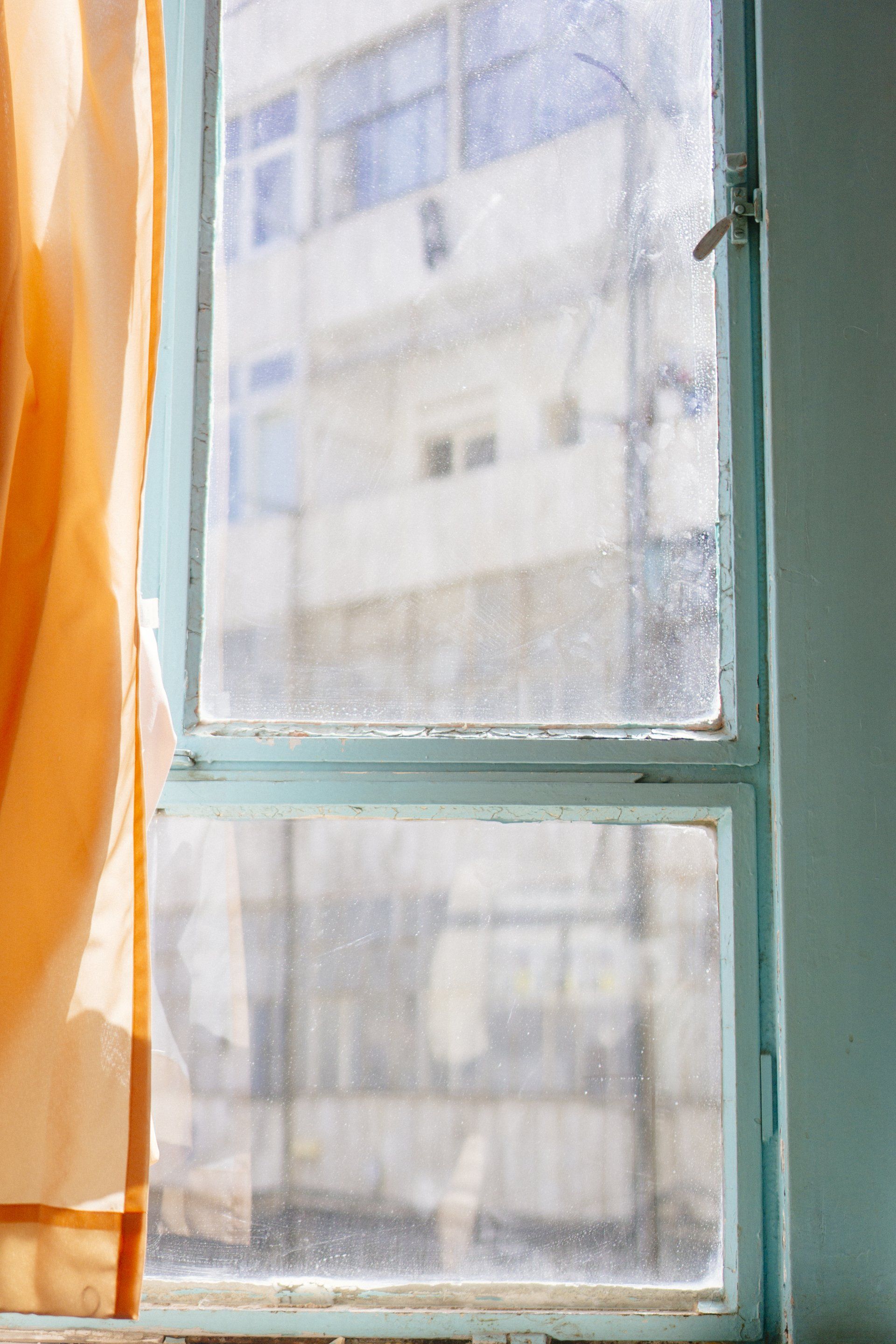The best ways to reduce heating bills within your home
Heat your home without the drawbacks
As living costs are rising, it is increasingly important to find ways to help manage our finances. One way is to consider how to reduce the heating bills within your home.
The following can be considered to help achieve this:
1. Adequate Insulation: Insulating your home effectively is one of the most important steps in reducing heating bills. Insulate the walls, roof void, and floors to prevent heat escape which can directly cause a home to be more difficult to heat.
2. Programmable Thermostat: Install a programmable thermostat and set it to lower the temperature when you are not at home or during sleeping hours. This can lead to significant energy savings without sacrificing comfort.
3. Efficient Heating System: Upgrade to an energy-efficient heating system, such as a modern combination boiler or heat pump. These systems use less energy to produce the same amount of heat, resulting in lower heating bills.
4. Regular Maintenance: Schedule annual maintenance for your heating system to ensure it operates efficiently. It may seem simple but can be very effective.
5. Zone Heating: If possible, divide your home into zones, this can ensure that the heating system can work more dynamically. This is particularly effective if the property is large with multiple rooms. The rooms you are using can have increased heating, where as all others can have a lower set temperature. It is important, however, that all rooms remain heating and ventilated to manage damp, condensation and black spot mould issues arising.
6. Use Natural Heat: Take advantage of natural heat sources, such as sunlight, by keeping curtains open during the day to allow solar heat to warm your home. Conversely, close curtains and blinds at night to minimise heat loss. Thermal insulated curtains can also be utilised to increase the efficiency of this.
7. Energy-Efficient Windows: Consider replacing old, drafty windows with energy-efficient ones. These windows are designed to prevent heat transfer from inside the building to outside air and can significantly reduce energy consumption by improving the thermal efficiency of the property’s envelope. Such windows can be either double or triple glazed.
8. Mechanical Ventilation Systems: Such systems can improve the airflow around a building which can then redistribute heat around a property, helping to balance out the temperature and reduce the need to over use the heating system. Such systems also help improve the air quality within your home.
Implementing these measures can lead to significant reductions in heating bills while maintaining a comfortable living environment. It is important to consider the specific needs and characteristics of your home when identifying the most effective strategies for reducing heating costs.

